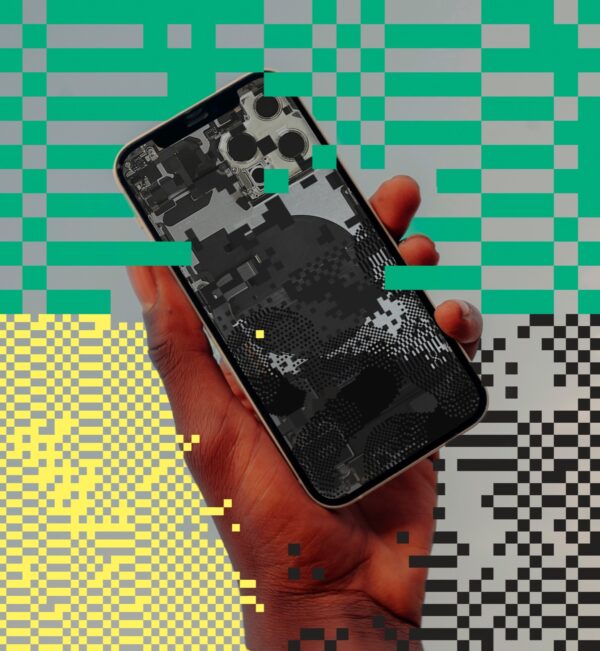Fighting for your right to fix your stuff
Last year, Alissa Centivany and her daughters embarked on an adventure sparked by one ambitious goal: not buying anything new for 365 days. A professor in the Faculty of Information & Media Studies, Centivany is an expert on the “Right to Repair,” a growing movement advocating for Canadians to have the ability to fix their own products and devices, despite corporate practices that block them from doing just that. Earlier this year, Centivany testified before Canada’s House of Commons on how copyright law affects repairs and consumers’ rights, highlighting environmental and societal consequences of overconsumption.
Speeding up brain science
With $24 million in support from the federal New Frontiers in Research Fund, a Western research team is creating a one-stop shop for fast-tracking promising therapies for diseases like Alzheimer’s and Parkinson’s. Led by Ravi Menon of the Schulich School of Medicine & Dentistry, the first-of-its-kind platform employs advanced tests to assess the cognitive impact of potential treatments, bridging the gap between lab testing and human trials. With its nucleus at Western, the multi-centre project — called TRanslational Initiative to DE-risk NeuroTherapeutics (TRIDENT) — brings together multiple universities and centres, ensuring transparency through data sharing. The goal is to revolutionize drug testing and accelerate effective treatments for neurodegenerative disorders.
Student eyes in the sky
Western’s first-ever cubical miniature satellite (known as a CubeSat) launched into space aboard the SpaceX Falcon on June 5. Led by engineering professor Jayshri Sabarinathan and supported by the Canadian Space Agency, a team of students has been collaborating with Nunavut Arctic College since 2018 to create the CubeSat, named Ukpik-1. Small (about the size of a Rubik’s Cube), modular and relatively inexpensive to build and launch, CubeSats are the great equalizers when it comes to space exploration and Earth observation. Ukpik-1 will allow students to operate a virtual reality camera in orbit and provide them with hands-on experience in space mission development.


